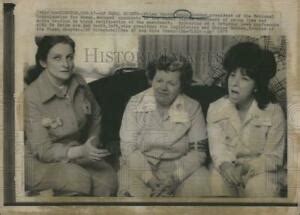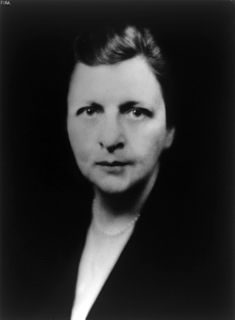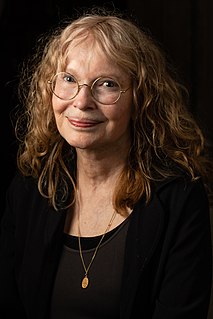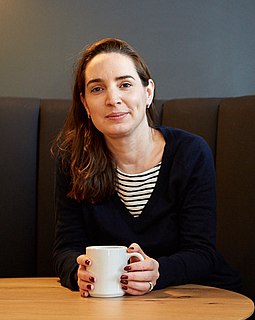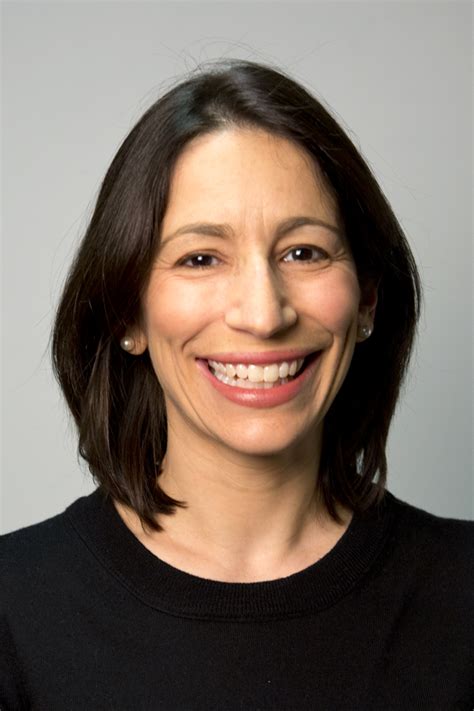A Quote by Michelle Wu
Women especially are often asked to choose between being a mother and being a leader. Without adequate policy support, too many women face not only financial barriers to balancing motherhood and leadership, but cultural stigmas too.
Related Quotes
There is an undeniable economic and cultural disconnect between many of those who volunteer to serve and those who choose to remain civilians. But what is more concerning to me is the disconnect between our political leadership that applauds our soldiers and veterans, but then won't provide funding to properly armored vehicles or health care when our servicemen and women come home. You can't send men and women to war without being prepared to take care of them abroad and give them the services they need when they return home.
I like women who haven’t lived with too many men. I don’t expect virginity but I simply prefer women who haven’t been rubbed raw by experience. There is a quality about women who choose men sparingly; it appears in their walk in their eyes in their laughter and in their gentle hearts. Women who have had too many men seem to choose the next one out of revenge rather than with feeling. When you play the field selfishly everything works against you: one can’t insist on love or demand affection. You’re finally left with whatever you have been willing to give which often is: nothing.
The sort of the template of being a mother is that you're endlessly giving to the point of exhaustion. You know, that's amazing if you can do that, but for that to be seen as the norm of motherhood, that women are always supposed to give until they're exhausted, you know, to always take on all these burdens - and it's why I'm so, you know, in favor of protecting all of the abortion legislation we've got, to give women the right to go, I can't do that. I can't do it. I'm too tired.
Feminism or the family? Carried to excess maybe. I have insisted that women cannot be defined solely in those terms. But for a great many women - not all, because we are only beginning to realize and affirm the diversity of women themselves - choosing motherhood makes motherhood itself a liberating choice.
Much of the ill-tempered railing against women that has characterized the popular writing of the last two years is a half-heartedattempt to find a way back to a more balanced relationship between our biological selves and the world we have built. So women are scolded both for being mothers and for not being mothers, for wanting to eat their cake and have it too, and for not wanting to eat their cake and have it too.
What kind of choice is it, really, when motherhood forces you into a delicate balancing act -- not just between work and family, as the equation is typically phrased, but between your premotherhood and postmotherhood identities? What kind of choice is it when you have to choose between becoming a mother and remaining yourself?









